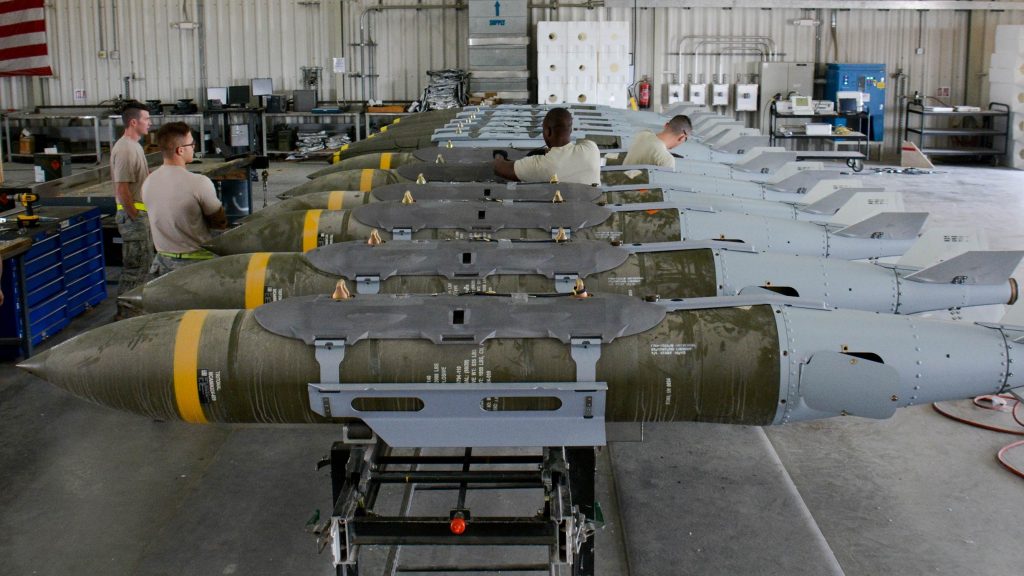Economy
Editorial: New airlines in Nigeria – A welcome development, but…

The Nigerian aviation industry is poised for a significant expansion with the approval of Air Operating Certificates (AOCs) for five new airlines by the Nigeria Civil Aviation Authority (NCAA).
This development, announced by NCAA Director General Captain Chris Najomo during a stakeholders’ meeting in Lagos on February 28, 2025, marks a milestone in the growth of the sector.
While this is undoubtedly a positive step toward addressing capacity constraints and creating employment opportunities, it is imperative that the NCAA prioritizes safety above all else.
The approval of these AOCs points clearly to the NCAA’s commitment to fostering growth in the aviation industry.
Captain Najomo emphasized that the certification process was rigorous, with all safety standards and regulatory requirements met before the green light was given.
This is reassuring, especially in light of ongoing concerns about the age and maintenance of aircraft in Nigeria’s aviation fleet.
Najomo rightly pointed out that the safety of an aircraft is not determined by its age but by the quality of its maintenance.
This is a crucial reminder that even brand-new aircraft can face operational challenges if not properly maintained.
However, as the industry expands, the NCAA must remain vigilant. The entry of new airlines should not be seen merely as an opportunity to boost economic activity or create jobs.
While these are important, they must not come at the expense of safety. The NCAA’s primary mandate is to ensure the safety and security of all flights operating within Nigerian airspace.
This responsibility cannot be compromised, no matter how pressing the economic benefits of new entrants may seem.
The Nigerian aviation sector has faced its share of challenges in recent years, including high operational costs, limited capacity, and a shortage of skilled personnel.
The addition of five new airlines is expected to increase competition, improve service delivery, and provide more options for travelers.
However, these benefits will only be sustainable if safety remains the cornerstone of the industry’s growth.
The NCAA must continue to enforce strict maintenance protocols and conduct regular surveillance of all aircraft operating in Nigeria.
It should also ensure that the new airlines adhere to international safety standards and best practices.
The authority must resist the temptation to prioritize immediate economic gains over long-term safety considerations. The consequences of cutting corners in aviation safety are too grave to ignore.
Moreover, the NCAA should work closely with other stakeholders, including airlines, maintenance organizations, and training institutions, to address the skills gap in the industry.
The entry of new airlines will create jobs for pilots, cabin crew, engineers, and other aviation professionals, but these roles must be filled by qualified and well-trained individuals.
While the approval of new airlines is a welcome development, it is not the number of airlines that matters most—it is the safety and reliability of their operations.
The NCAA must remain steadfast in its commitment to ensuring that safety is never sacrificed for economic gains. The lives of passengers and crew depend on it.
As Nigeria’s aviation industry takes this bold step forward, we urge the NCAA to keep its eyes on the ball. Safety must always come first.
Only then can the industry achieve sustainable growth and regain the confidence of both local and international travelers.
For Diaspora Digital Media Updates click on Whatsapp, or Telegram. For eyewitness accounts/ reports/ articles, write to: citizenreports@diasporadigitalmedia.com. Follow us on X (Fomerly Twitter) or Facebook











